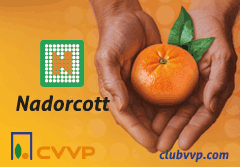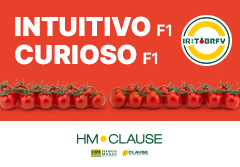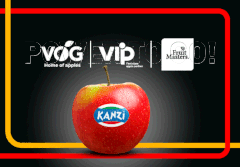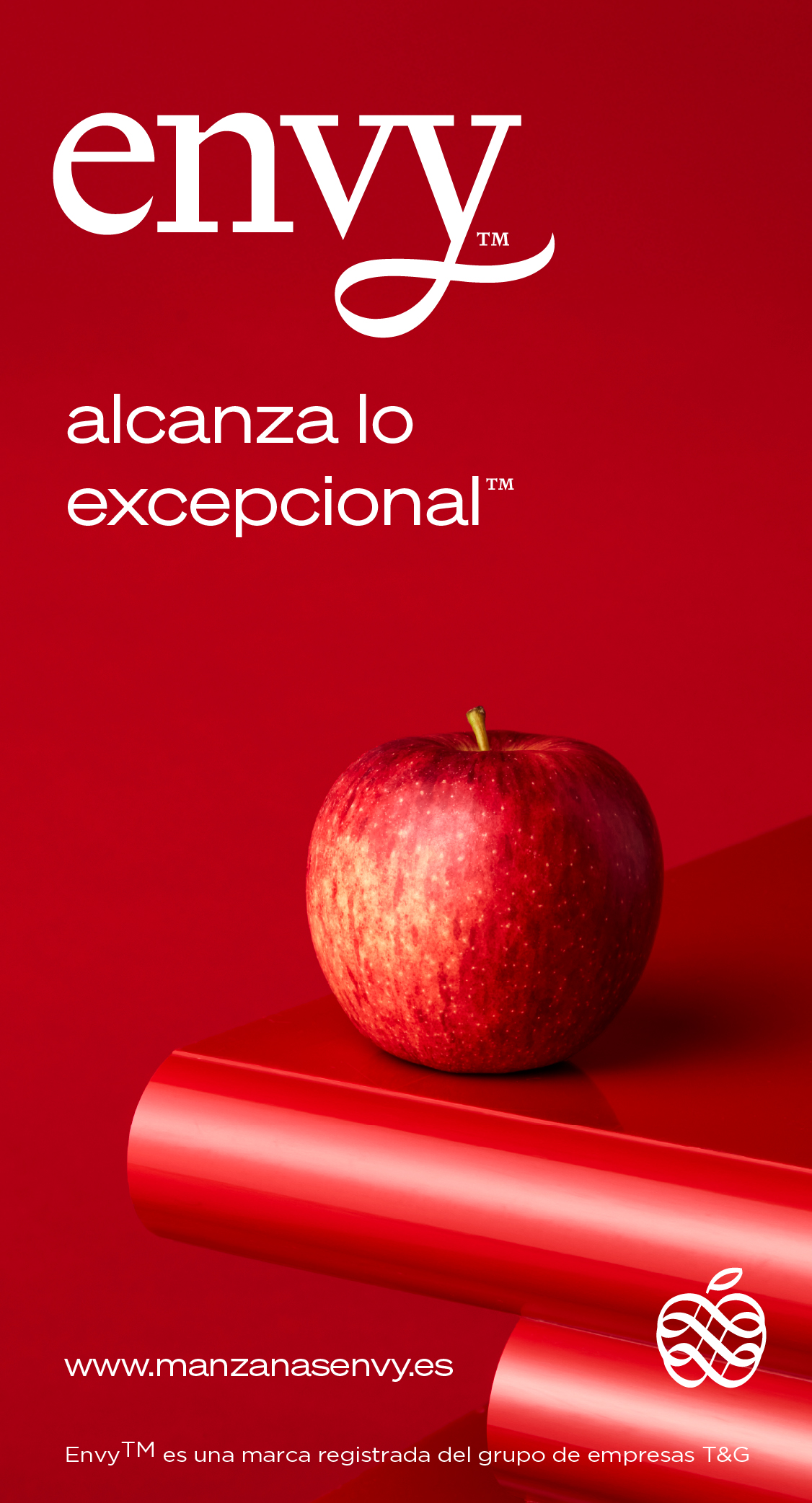The production strength backed by innovation and technology must create a sector which, together, overcomes all future challenges
The manager of the cooperative from Murcia Gregal, Felipe López, asserts that “representing the weakest link in the chain, it is essential to create a strong, united producing sector, since the distribution already does this. Our strength lies in production with greater research and more advanced technologically, in overcoming the problem of water and in tackling together many of the challenges that the future might bring.”
The ‘El Mirador’ technology transfer trial field, with participation by two other cooperatives from the Campo de Cartagena, is an example of how we can move forward together in innovation, research and technology transfer for members. And so is the Professorship for Sustainable Agriculture at the Universidad Politécnica de Cartagena.
With this in mind, the executive states that “we must remove politics from the decisions to be taken on the subject of water, obtaining solutions for the future and resolving the water shortage once and for all. Specifically, in the Campo de Cartagena, a part of society has criminalised the agricultural sector, unfairly accusing it; and the truth is that we are offering feasible solutions for the coexistence of agricultural activities with respect for the Environment. Agriculture does not represent the problem, it is the solution and this can be seen by the many certificates we have, a result of strict audits, which are periodically renewed.”
The first impressions by melon operators are that it will be a campaign with a good volume, as can be deduced from the data provided from the seedbeds. This same premise is confirmed from Gregal: “Our customers can remain calm, because their supply will be guaranteed.”
For this cucurbit species, the cooperative from Torre Pacheco represents one of the largest operators at source, with a volume that reaches around 40 million kilos in a relatively short campaign. Galia, Yellow, Cantaloupe and Piel de Sapo, in this order, are the most important varieties. “There will be enough produce, but we need the weather to be favourable in destination countries during the fortnight when a large concentration of offer occurs in order to be able to offload the produce,” López qualifies.
In addition to its classic brands for this produce (Gregal, Bonasol, Dulme and Calor), Memphis, its most recent incorporation, stands out, a flagship that has only been on the market for two years and that represents a variety of Cantaloupe registered by only two companies in the area. “It is a product with a very good evolution. This campaign there will be greater offer because the farmers are seeing that they are easier to handle in the fields than traditional Cantaloupe melons and in the warehouses they are also easier to treat and they have incredible recognition amongst our customers.”
Regarding the English subsidiary that Gregal has had in the United Kingdom since 1996, his expectations are high with respect to the final Brexit negotiations. However, he is categorical when talking about the uncertainty in the Sterling exchange rate and the gradual depreciation it has been suffering from over the past few years: “One day the sector should realise that we are strong enough to pass this exchange rate risk on to the purchasing party, as we already do with other countries on the borders of the EU. If the final result is a hard Brexit, this should become an opportunity to work in euros because England already has its own Central Bank to manage its currency in the manner it deems appropriate.”
























